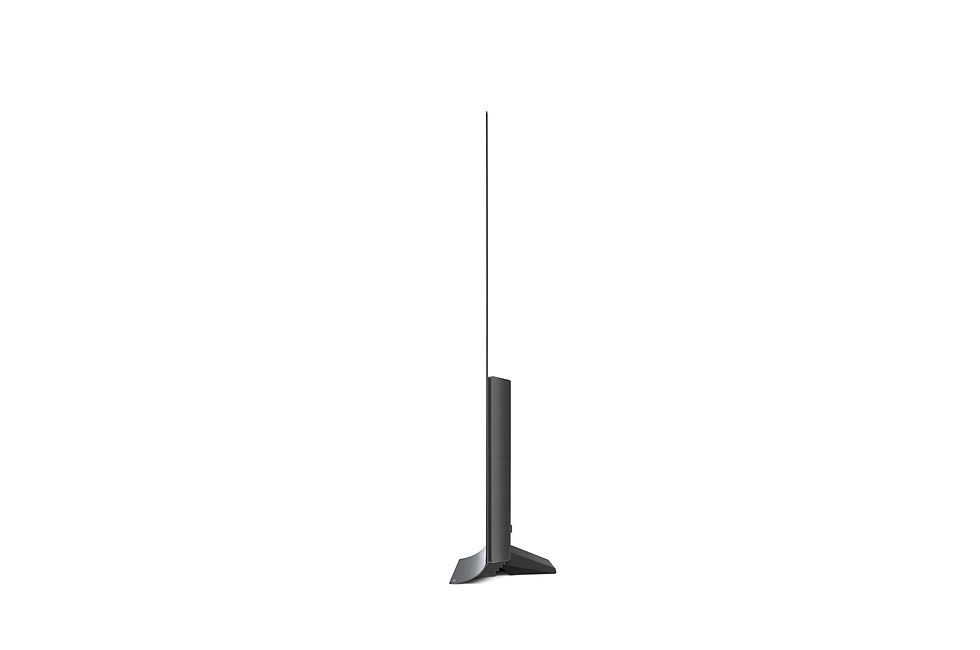Should you buy a new OLED TV?
- Nicola Henderson
- Apr 5, 2023
- 3 min read

Are you thinking of upgrading your TV and you've been looking at the great range of OLEDs out there? Are you unsure if you should even bother? Hopefully this will help explain a bit before you buy.
OLED (Organic Light Emitting Diode) technology has revolutionized the television industry by offering superior picture quality and design features that surpass traditional LCD and LED TVs. As OLED TVs become increasingly popular among consumers, it's important to understand the advantages and disadvantages of this technology when considering purchasing a new TV. In this blog, we will outline the benefits and drawbacks of OLED televisions while referencing some of the latest models available in the market.
Advantages of OLED Televisions

Picture Quality: OLED TVs offer superior picture quality compared to traditional LCD and LED TVs. The individual pixels on OLED TVs emit light, resulting in deeper blacks, higher contrast ratios, and wider viewing angles. The picture on an OLED TV is incredibly vivid, with bright colors and sharp detail. The LG C1 OLED TV is an excellent example of an OLED TV that provides incredible picture quality. It features a 4K OLED panel with a resolution of 3840 x 2160 pixels and supports HDR content, resulting in a stunning display.
Slim Design: The technology used in OLED TVs allows for an incredibly slim design. The individual pixels emit light, eliminating the need for a backlight. This means that OLED TVs can be much thinner than traditional LCD and LED TVs, making them a great choice for those who want a sleek, modern design. The Sony A90J OLED TV is an excellent example of an OLED TV with a slim design. It has a 55-inch display and a thickness of only 1.2 inches, making it an ideal option for those who want a TV that looks great both on and off.
Energy Efficient: OLED TVs are more energy-efficient than traditional LCD and LED TVs. Because the pixels on OLED TVs emit light, they do not require a backlight. This means that OLED TVs use less energy, which can result in significant savings on your electricity bill over time. The LG G1 OLED TV is a great example of an energy-efficient OLED TV. It features a 65-inch 4K OLED panel and consumes only 85 watts of power.
Fast Refresh Rates: OLED TVs have faster refresh rates than traditional LCD and LED TVs. This means that they can display fast-moving images, such as sports or action movies, with less motion blur. The LG C1 OLED TV features a refresh rate of 120Hz, making it an excellent option for those who want a TV that can display fast-moving content with ease.

Disadvantages of OLED Televisions
Price: OLED TVs are typically more expensive than traditional LCD and LED TVs. This is because the manufacturing process for OLED TVs is more complex, and the technology is relatively new. However, the price of OLED TVs has been steadily decreasing over the past few years. The Sony A80J OLED TV is an excellent example of a mid-range OLED TV that offers great value for money. It features a 55-inch 4K OLED panel and is priced competitively compared to other OLED TVs in the market.
Burn-In: OLED TVs are susceptible to burn-in, which occurs when a static image is displayed on the screen for an extended period. This can result in a ghostly image of the static image remaining on the screen even after the image has changed. However, burn-in is less of an issue than it used to be, and most OLED TVs now have features to prevent this. For example, the LG G1 OLED TV has a feature called Pixel Refresher that runs automatically or manually to prevent burn-in.
Limited Lifespan: OLED TVs have a limited lifespan compared to traditional LCD and LED TVs. This is because the organic compounds used in OLED pixels degrade over time. However, the lifespan of OLED TVs has been improving, and most manufacturers now offer warranties that cover the lifespan of the TV.

Conclusion
OLED TVs offer superior picture quality and design features compared to traditional LCD and LED TVs. While they are more expensive than traditional TVs and have some potential drawbacks, the benefits of OLED technology make them a worthwhile investment for those who want the best viewing experience. As the technology continues to improve, we can expect to see more OLED TVs on the market in the coming years.
If you'd like to upgrade your TV just get in touch and we can have a chat. Our installers have years of experience installing all types of TV and audio equipment and can offer some good solid advice before you decide to buy.





















Comments